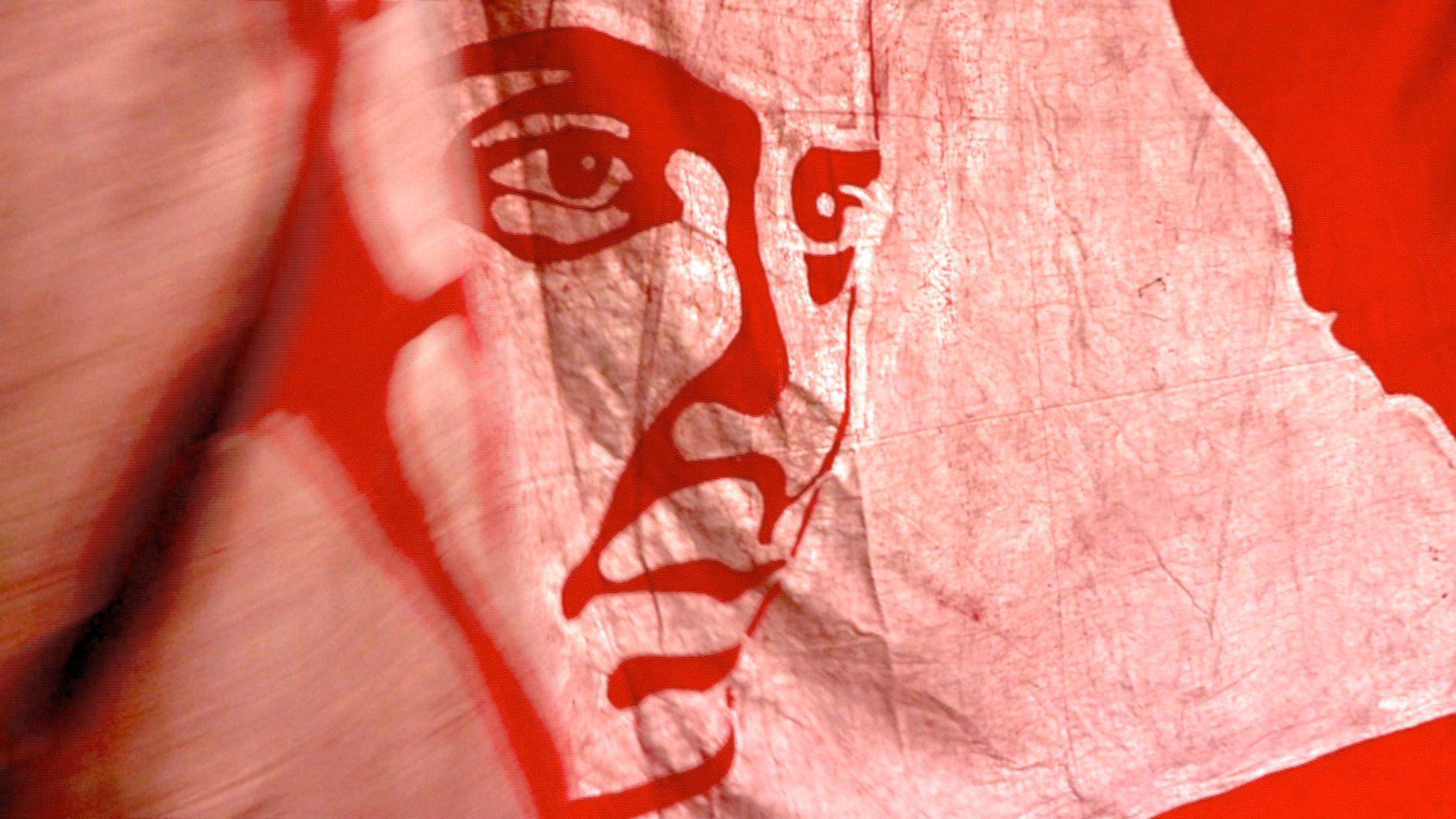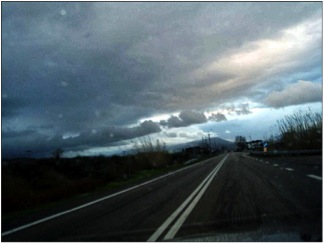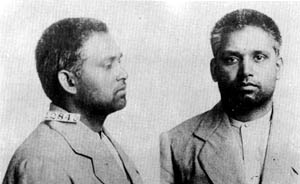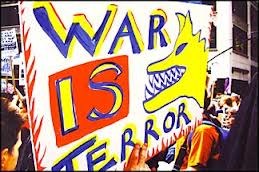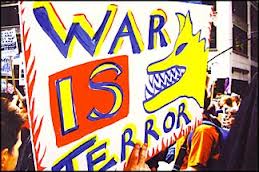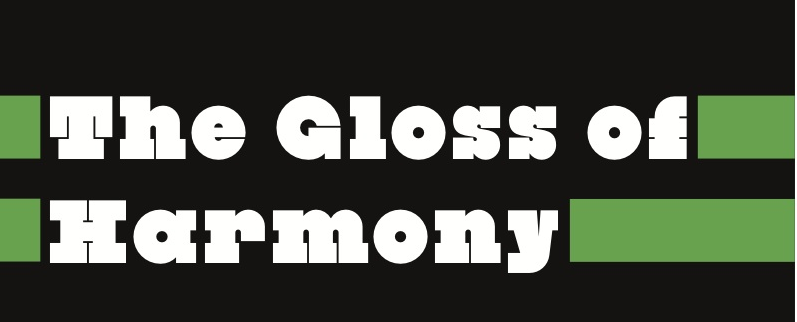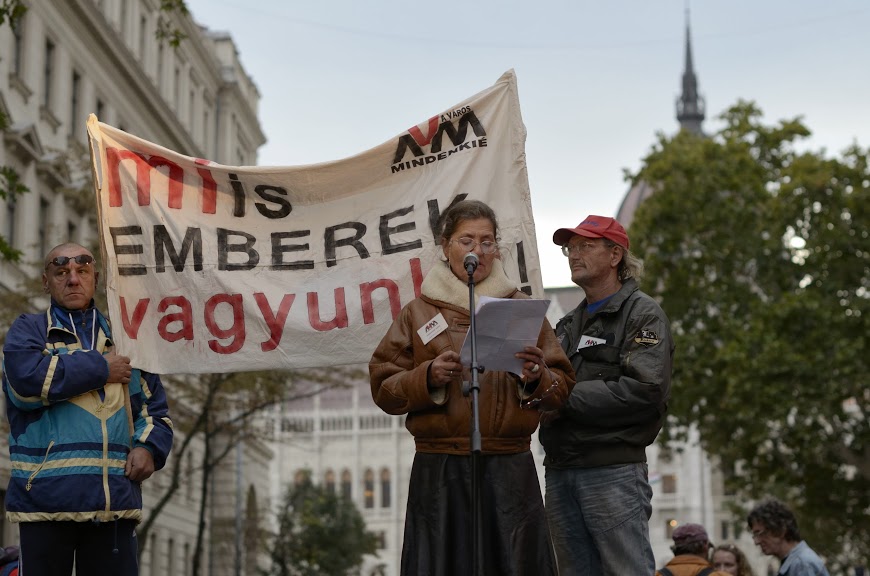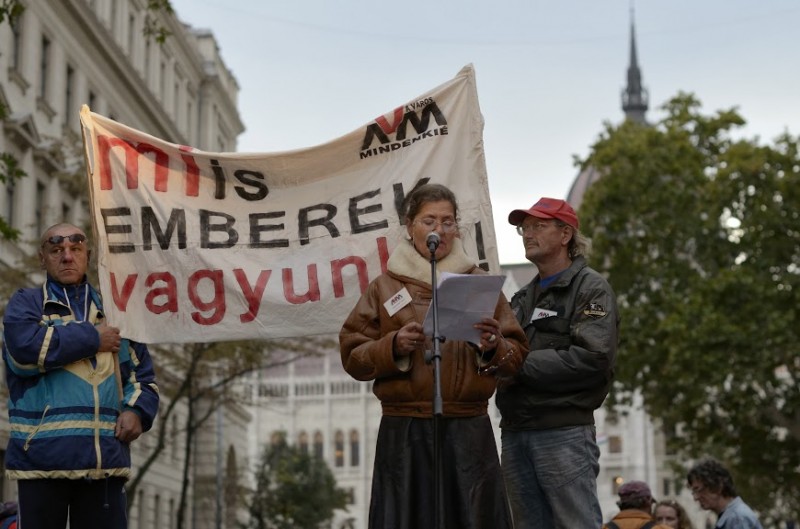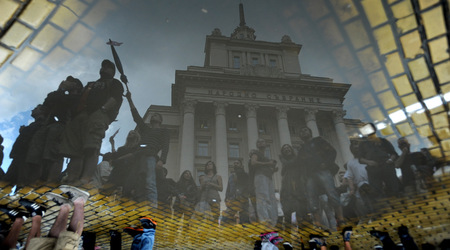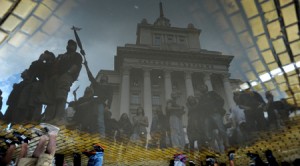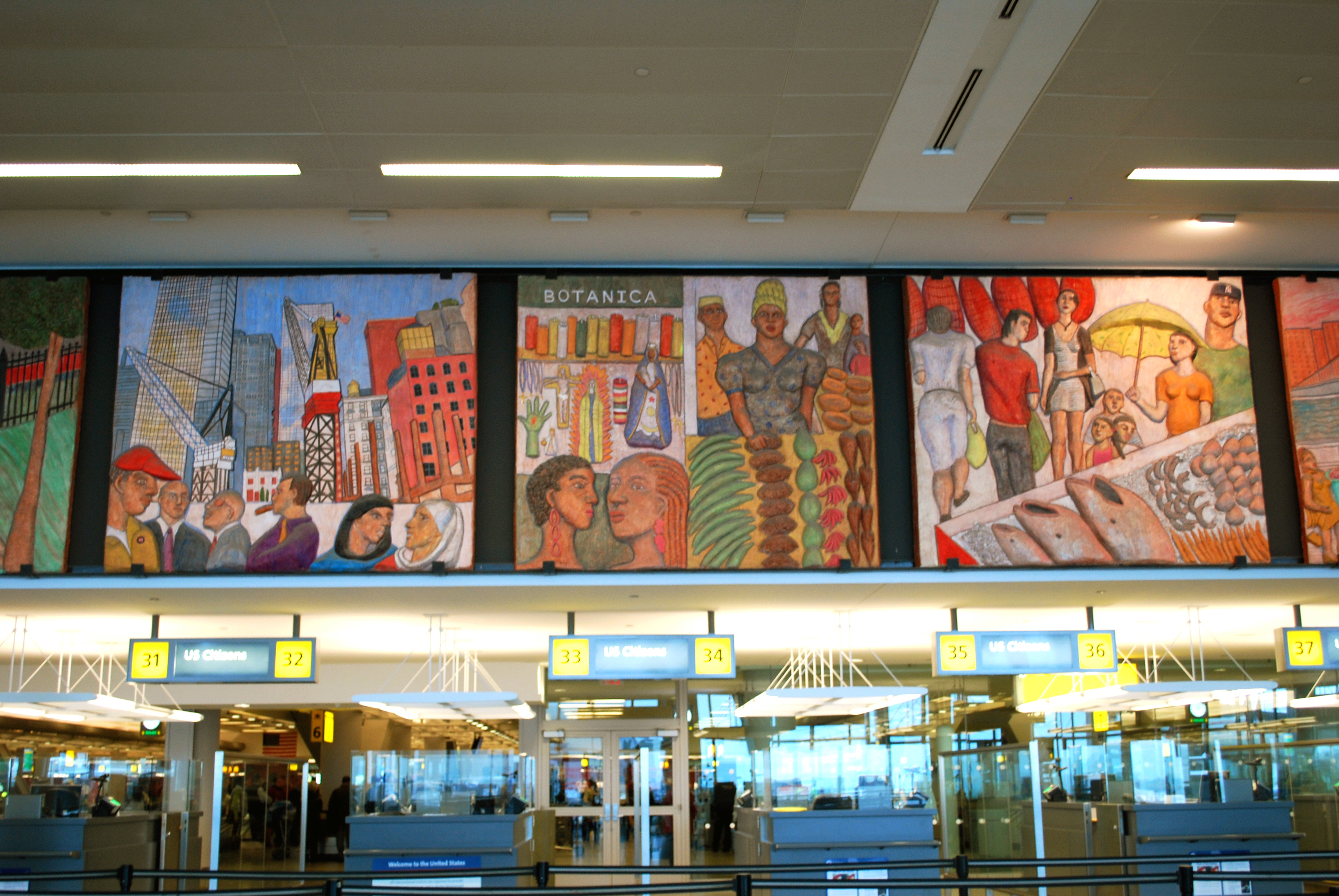CPCP Holiday Party
12/09/2013
5:45 pm - 8:30 pm
Sociology Lounge, Room 6112
The Center for Place, Culture and Politics invites you to a holiday party.
Film: Red Ant Dream
12/06/2013
4:30 pm - 7:30 pm
Room C202/203, CUNY Graduate Center
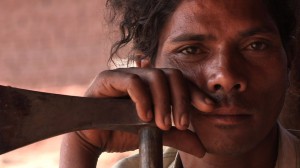
RED ANT DREAM (2013) by Sanjay Kak
‘Let us declare that the state of war does exist and shall exist’, the revolutionary patriot had said almost a hundred years ago, and that forewarning travels into India’s present, as armed insurrection simmers in Bastar, in the troubled heart of central India. To the east too, beleagured adivasis from the mineral-rich hills of Odisha come forth bearing their axes, and their songs. And in the north the swelling protests by Punjabi peasants sees hope coagulate–once more–around that iconic figure of Bhagat Singh, revolutionary martyr of the anti-colonial struggle. But are revolutions even possible anymore? Or have those dreams been ground down into our nightmares? This is a chronicle of those who live the revolutionary ideal in India, a rare encounter with the invisible domain of those whose everyday is a fight for another ideal of the world. Red Ant Dream is the third in a cycle of films that interrogate the workings of Indian democracy, and follows Jashn-e-Azadi (2007) about the idea of freedom for Kashmir, and Words on Water (2002) about the people’s movement against large dams in the Narmada valley.
Film Screening and discussion with filmmaker
December 6, 2013
4:30-7:30pm
CUNY Graduate Center, Room C202/203
Red Ant Dream (running time: 2 hours) is in English, Gondi, Odiya and Punjabi (with English subtitles). The screening will be followed by a Q&A session with Sanjay Kak.
SANJAY KAK is an independent documentary film-maker whose previous films, include Jashn-e-Azadi (How We Celebrate Freedom, 2007), Words on Water (2002, Best Long Film prize at the international Festival of Environment Film & Video, Brazil), and In the Forests Hangs a Bridge (1999, Golden Lotus Best Documentary Film National Film Awards, India, and Asian Gaze Award, Pusan Short Film Festival, Korea).
—
http://redantdream.com
This event is cosponsored by the Center for Place, Culture and Politics and the Advanced Research Collaborative at the Graduate Center, and South Asian Solidarity Initiative (SASI).
Towards a Critical Anthropology of Material Infrastructures in South-East Europe
12/06/2013
1:30 pm - 3:30 pm
Room 6107
The CUNY Center for Place, Culture and Politics invites you to the talk ‘Towards a Critical Anthropology of Material Infrastructures in South-East Europe: Infrastructural Politics and Poetics of the Greek Expansion to the Balkans and the Greek Debt Crisis’. Speaker: Dr Dimitris Dalakoglou (Senior Lecturer in Anthropology, University of Sussex [UK], Editor of ‘Roads and Anthropology’ & ‘Revolt and Crisis in Europe’). Chair & Discussant: Prof. Setha Low (CUNY).
The Color Line Belts the World: Empire, Security, and the Production of an Anti-Racist Internationalism
12/05/2013
5:30 pm - 7:30 pm
Science Center, 4th Floor
A GEOS Colloquium Talk by
The Center for Place, Culture and Politics Postdoctoral Fellow
Christina Heatherton

Thursday, December 5, 2013
5:30pm
Science Center Room 4102Reception to follow in Room 4304
Following the outbreak of World War I, the Bolshevik Revolution, and the ongoing Mexican Revolution, the U.S. dramatically expanded its security infrastructure. This period saw the production of the first federal police system, the first massive domestic intelligence program, and the passage of broad federal legislation against sedition and espionage. As a result, Leavenworth Federal Penitentiary in Kansas became home to a unique mix of soldiers, war dissenters, radical labor organizers, race rebels, and foreign-born radicals. Among them were pacifists, Wobblies, members of the Ghadar movement, and Mexican Revolutionary leaders like Ricardo Flores Magòn, who had been incarcerated for his trenchant critiques of U.S. imperialism. This talk will observe how imprisoned revolutionaries and working class soldiers coordinated night schools, produced their own newspaper, maintained a radical library, led May Day marches, initiated strikes, and continued agitating and educating one another in the prison. Drawing from prison records, private book collections, correspondence, memoirs, and federal surveillance files, it will explore the unanticipated alliances and political struggles that arose from this unique convergence space. By viewing the penitentiary as a microcosm of antiracist and anti-capitalist struggles in the period, it will explore how the color line and the class struggle were both understood, experienced, and resisted during this moment. It will subsequently describe how a unique form of radical internationalism was theorized both within and against the penitentiary as well as against this emerging racialized security infrastructure.
Dr. Christina Heatherton is an interdisciplinary scholar of social movements and political theory. She is the author of The Color Line and the Class Struggle: The Mexican Revolution, Internationalism, and the American Century (forthcoming) and is currently editing a volume entitled The World Refuses: Global Struggles Against Racism and Imperialism, 1893-1933. She is also the co-founder of Freedom Now Books an independent publishing company dedicated to collaborations between scholars, activists, and artists. She is the editor of Downtown Blues: A Skid Row Reader (2011) and the co-editor with Jordan T. Camp of Freedom Now! Struggles for the Human Right to Housing in LA and Beyond (2012). She is the recipient of multiple awards for research and activism and also serves as a Global Advisory Board member of the Arcus Center for Social Justice Leadership. She is currently a postdoctoral fellow at the Center for Place, Culture, and Politics at the CUNY Graduate Center.
Sponsored by the Program in Earth and Environmental Sciences as part of the GEOS Colloquium Series
TODAY- The War Here and Abroad: CUNY and U.S. Empire
12/04/2013
3:00 pm - 5:00 pm
Room 5414
For more information or to participate on the panel, contact skennedy@gc.cuny.edu.
Book Event: The Gloss of Harmony. The Politics of Policy-Making in Multilateral Organizations
11/25/2013
6:00 pm - 8:00 pm
Room 6112
Birgit Müller has come to the home of the United Nations, New York, to celebrate her new book. Come join her as she presents The Gloss of Harmony: The politics of policy-making in multilateral organizations.
“Giving back public spaces to the citizens” – The criminalization of homeless people in Hungary
11/24/2013
6:00 pm - 8:00 pm
16 Beaver St
The City is for All (A Varos Mindenkie) is a Hungarian grassroots advocacy group for homeless people. Its members are homeless, formerly homeless people, those struggling with housing problems and their allies who fight together for housing rights and stand up against the criminalization, discrimination and stigmatization of homeless people. The City is for All has two main working groups. The Housing working group concentrates on housing rights and access to affordable housing, The “Interest-ed” working group fights for the rights of homeless people living in shelters and public spaces. We have a subgroup called The Homeless Women for Each Other Movement which aims to empower homeless women and a group of “streetlawyers” who provide free legal services for homeless people or people living in poverty. In the framework of the City is for All Academy, the City is for All organizes different trainings for homeless people to improve their professional and personal skills. Since 2009, when the group was founded, the City is for All has been protesting several times against the criminalization of homelessness in Hungary and for the access to affordable housing, organizing demonstrations, sit-ins and Empty Building Marches.
Fourth Floor
New York, NY 10004Trains:
4,5 Bowling Green
R Whitehall
1,2 Wall Street
J Broad Street
A,C Broadway (a little far)
Directions:
16 Beaver is located east of Bowling Green Park, between Whitehall &
Broad Sts, on the corner Beaver & New Street#4, 5 train to Bowling Green
R (never N) to Whitehall St./Whitehall St.-South Ferry
#1 to South Ferry/Whitehall St.-South Ferry
J or rush hour Z (never M) to Broad St. (south exit to Exchange Pl.)
A, C to Broadway-Nassau (at Fulton); Broadwaybus
M15 bus via 2nd Av & Water St.
M20 bus via Varick St. & World Financial Ctr.Staten Is. Ferry to Whitehall St. Ferry Terminal

The Bulgarian protests of 2012-2013: Part of a global protest wave?
11/20/2013
6:00 pm - 7:30 pm
Room 6107
Join Mariya Ivancheva for a talk and discussion in the seminar room at the Center for Place, Culture and Politics.
November 20, 6:00-7:30. Room 6107, Graduate Center, CUNY
In the last decades of the Cold War, scholars and activists hailed Eastern European civil society for its mobilization despite the structural constraints to internal critique under state socialism. Yet by the early 2000s the overall enthusiasm gave way to weary accounts of the NGO-ization of a donor-driven civic activism. A decade later many Eastern European countries joined what seemed a broader wave of social protests. Yet, interpreting the Eastern European protests as part of the protest wave against indebtedness, austerity, and precariousness might be misleading. Focusing on the Bulgarian protests from 2012-2013 I indicate how a number of mutually reinforcing protest frames made the framing of coherent economic and political demands increasingly difficult. They draw a possible demarcation line within the emergent global protest wave that needs to be explored as an expression of long-term economic and political processes, underway already before 1989.
Mariya Ivancheva is a junior visiting fellow at the Institute of Human Sciences in Vienna (IWM). She recently earned a PhD in Sociology and Social Anthropology from the Central European University in Budapest, on the topic of the higher education reform in Bolivarian Venezuela. She is a member of the Social Centre Xaspel collective in Sofia, Bulgaria, and an editor of the eastern European leftwing web portal Lefteast (http://www.criticatac.ro/lefteast/).
Hunger and Inequality in the Global South
10/28/2013
6:30 pm - 8:30 pm
Room 9206/9207
In September 2013 the Parliament of India passed a national Food Security Bill. The national Right to Food Campaign in India has been advocating a universal Food Security legislation and has secured many progressive measures through ‘Interim Orders’ of the Supreme Court of India since 2001.
The Future of the Grassroots: Norman Street Revisited
10/18/2013
4:15 pm - 6:00 pm
Skylight Conference Room, 9th Floor
Join us for a panel discussion with:
Ida Susser, author (Hunter College and Graduate Center, CUNY);
Sujatha Fernandes (Queens College, CUNY);
Jeff Maskovsky (Queens College and Graduate Center, CUNY);
Christian Parenti (SIT Graduate Institute);
Moderator:
Donald Robotham (Graduate Center, CUNY).


